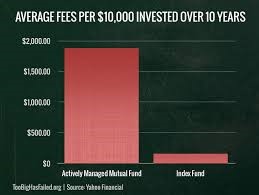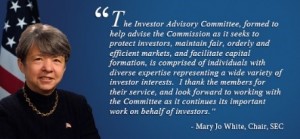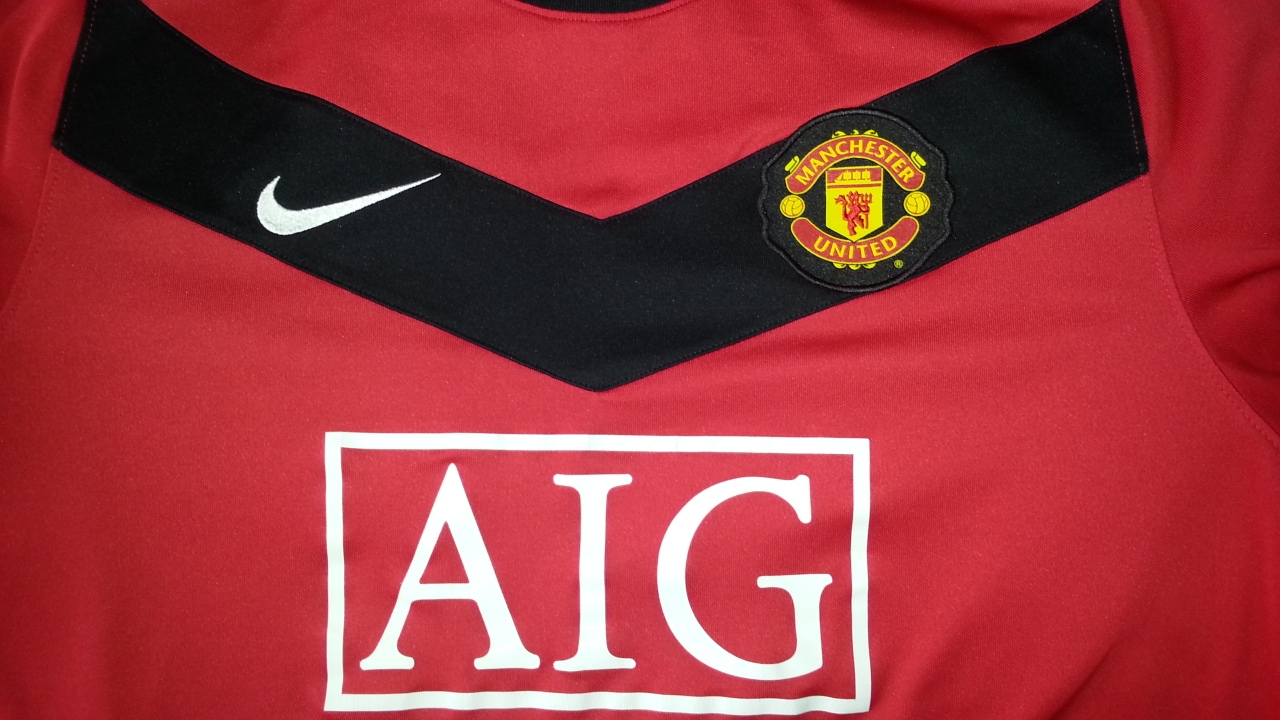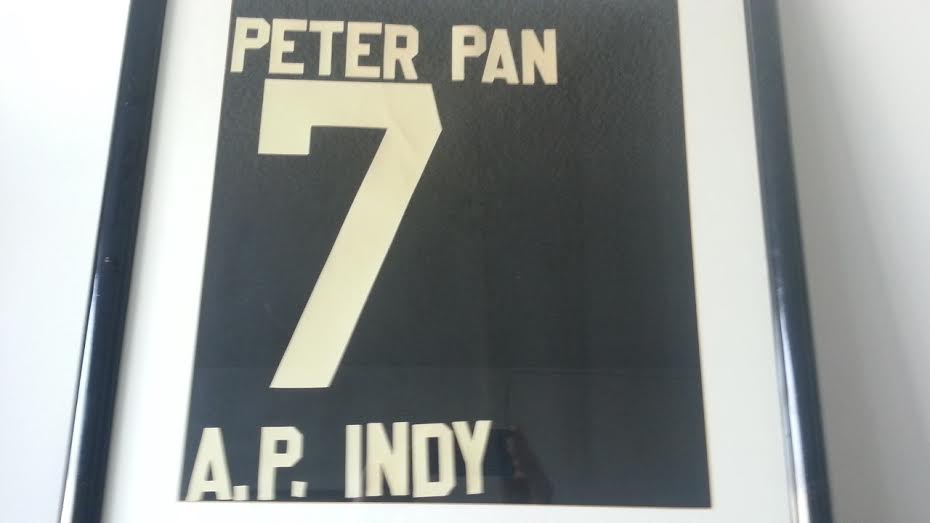Why your brokerage firm, stockbroker and financial planners don’t have sales or do they?
The likes of Amazon, Home Shopping Network and Groupon forced sales into every single nook and cranny of American living rooms and businesses (and when after purchasing, Americans ran out of closet, garage and storage space, hustled over to the aptly named Public Storage). First they appeared on your television, then in your email inbox then on your smart phone and text messages. Before that, Walmart and Costco (Price Club) began their assault on prices. However, in a certain part of the financial services world, sales are not advertised.
Why Wall St. does not have sales
Have you ever seen a television or radio ad from Burger King, McDonalds, Pizza Hut or clothing store that advertised sales? Yes, all the time. Does Wall St. ever have a sale on account fees, expenses or commissions? No, the reason Wall St. does not run or promote sales is it would bring up the uncomfortable questions of what exactly is being paid for and the responsibility for such services. It would also bring the dollar amount of Wall St revenues from fees, commissions and expense under a microscope. Questions about fees, expenses and commissions are very sensitive subjects for Wall St.; the larger topic is called price discovery.
Alternatives’ strategies costs and risk
 Frank, open discussions of fees would bring up account performance questions, including excuses for losses due to active trading strategies, costs, risk, volatility and correlation among investments. The cost of passive investments, widely available since 1993 like index funds or SPDR’s could arise. The annual cost of investing a one million dollar account in an S&P 500 index fund or total market index fund is roughly one to two thousand dollars. Cost, risk and after-tax returns to passive, index funds should be a bright line, annual comparison for investment accounts, especially any fiduciary account. Update May 2016 from Bloomberg “How to divorce your hedge fund manager” including one of the most prestigious hedge funds announcing it’s lowering its fees…read the article to find out the levels.
Frank, open discussions of fees would bring up account performance questions, including excuses for losses due to active trading strategies, costs, risk, volatility and correlation among investments. The cost of passive investments, widely available since 1993 like index funds or SPDR’s could arise. The annual cost of investing a one million dollar account in an S&P 500 index fund or total market index fund is roughly one to two thousand dollars. Cost, risk and after-tax returns to passive, index funds should be a bright line, annual comparison for investment accounts, especially any fiduciary account. Update May 2016 from Bloomberg “How to divorce your hedge fund manager” including one of the most prestigious hedge funds announcing it’s lowering its fees…read the article to find out the levels.
Price competition is ubiquitous, not when it comes to certain account fees, commissions and expenses on Wall St.
It’s ironic, that Wall St. champions price competition in many other ways, just not when it comes to its own prices. Price discovery is so every day, every second, the real (product) economy would surely notice if it were not there. It’s so common, we sometimes take it for granted such as when stock prices flash by on the television screen – this is price discovery in action, in real time. Price discovery lets buyers and sellers see the prices for stocks, options, ETFs, preferred stocks, MLP’s and some bonds. Wall St. actually uses price discovery in its proprietary program trading, known as HFT (high frequency trading) and individual investor trading recommendations and trade solicitations.
Wolf of Wall St
Leonardo DiCaprio starred in the Oscar-nominated Wolf of Wall St. Aerotyne, the pink sheet traded stock, tech company was traded with a very wide difference, called the spread between the bid and the ask prices. The bid side is what buyers are willing to pay, whereas the ask side is the price at which sellers are willing to sell. Wide spreads can create large commissions, especially when thousands of shares of a penny stock were purchased or sold, based on recommendations by the brokers at DiCaprio’s Stratton Oakmont Securities.
It’s ironic, that Wall St champions competition among OTHER industries which offer better value through price competition. Price discovery is a basic, essential building block of “free markets” and capitalism.
Derivatives like mortgage backed securities, CDO’s CLO’s and other structured finance do not as a rule have public price discovery. Have you ever seen the price of a CDO on your television screen? Lack of price discovery on derivatives caused, yes caused the 2008 financial crisis. Derivatives prices are kept by certain firms which trade these types of securities or contracts amongst themselves, daily, infrequently or sometimes not at all.
I’m not saying there is no price competition on Wall St. What I am saying is trustees, agents and other fiduciaries need to make sure they are getting good value for the money. They must do so in order to protect the interests of beneficiaries of the trust, pension or profit sharing plan or foundation or endowment. ALL fiduciaries, whether or not Wall St advertises a sale, should ask if there’s a better deal. Failure likely portends trust assets are going to waste, in other words overpaying for services or benefits received.
 Yesterday the SEC issued a notice to investors, page two has questions investors should ask their financial adviser regarding lees expensive ways to invest (or pay for services). That question is one of the MOST important questions a trustee, trust agent or fiduciary should ask and get solid answers. Obtaining timely, direct, accurate, correct and complete answers can keep many trustees out of the doghouse or potential claims from disgruntled beneficiaries for breach of trust or breach of fiduciary duty. It’s not a big deal for your financial adviser. For 30 years, brokerage firms posts most revenue items on the broker’s computer workstation within seconds and certainly by the next day.
Yesterday the SEC issued a notice to investors, page two has questions investors should ask their financial adviser regarding lees expensive ways to invest (or pay for services). That question is one of the MOST important questions a trustee, trust agent or fiduciary should ask and get solid answers. Obtaining timely, direct, accurate, correct and complete answers can keep many trustees out of the doghouse or potential claims from disgruntled beneficiaries for breach of trust or breach of fiduciary duty. It’s not a big deal for your financial adviser. For 30 years, brokerage firms posts most revenue items on the broker’s computer workstation within seconds and certainly by the next day.
 One last question trustees could ask financial advisers – do you choose the generic brand when you get your or your parents’ drug prescriptions filled? The answer may be informative AND instructive.
One last question trustees could ask financial advisers – do you choose the generic brand when you get your or your parents’ drug prescriptions filled? The answer may be informative AND instructive.
For more information info@fiduciaryexpert.com or (310) 943-6509
Copyright Chris McConnell & Associates 2014 All rights reserved



